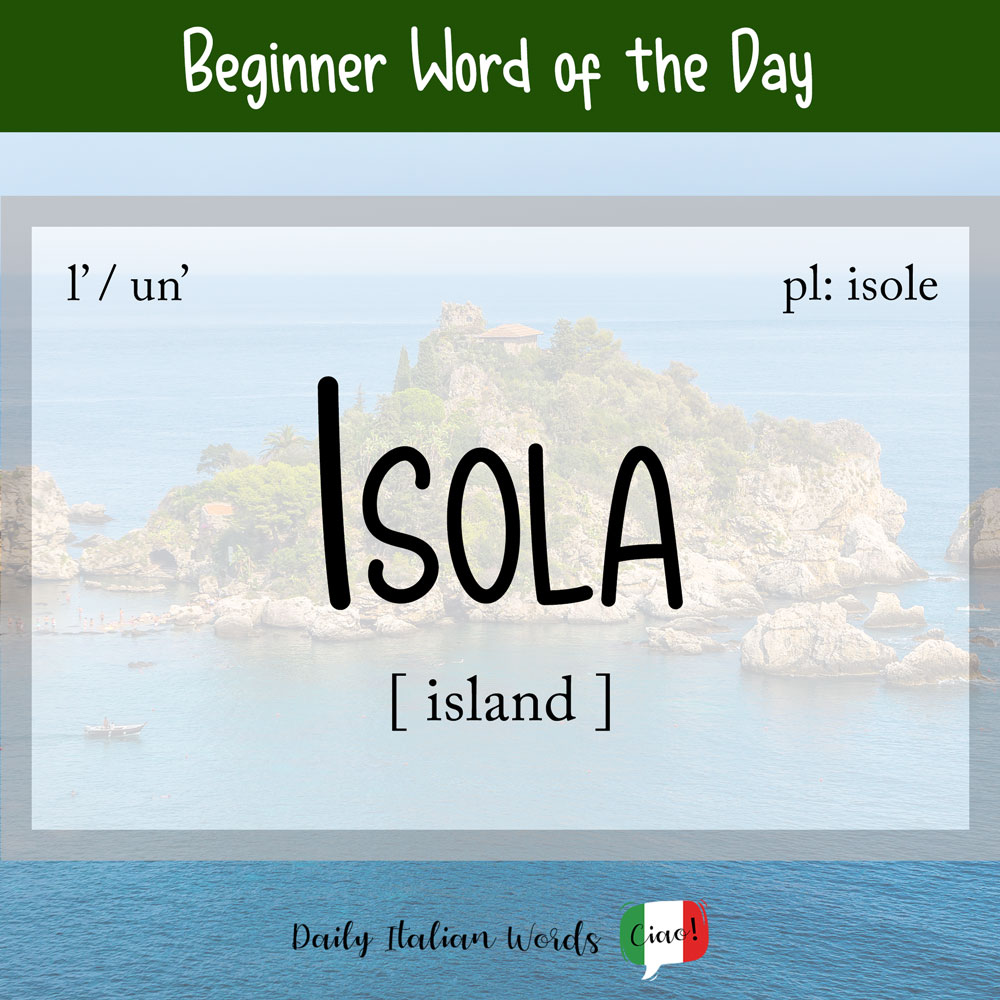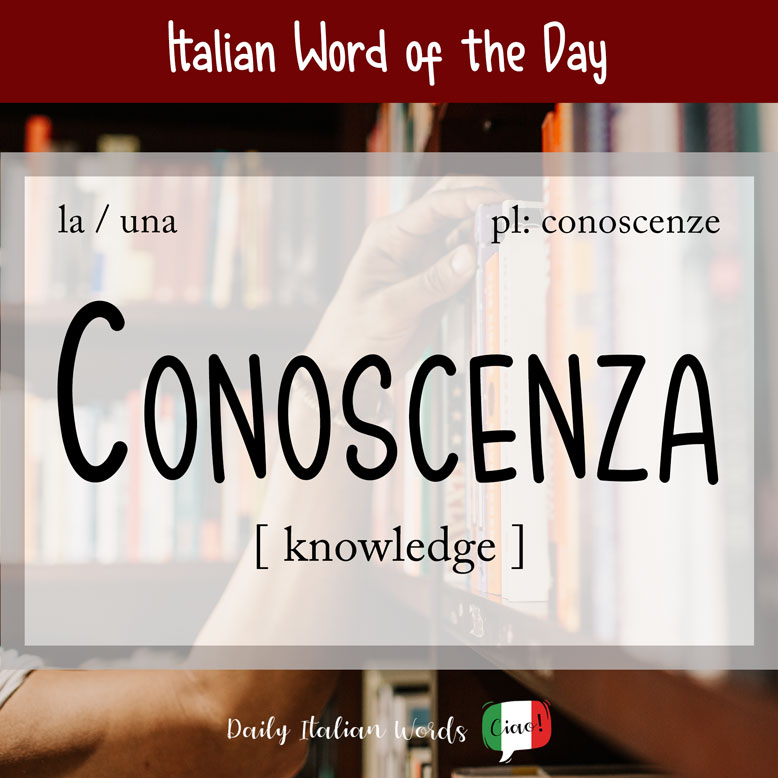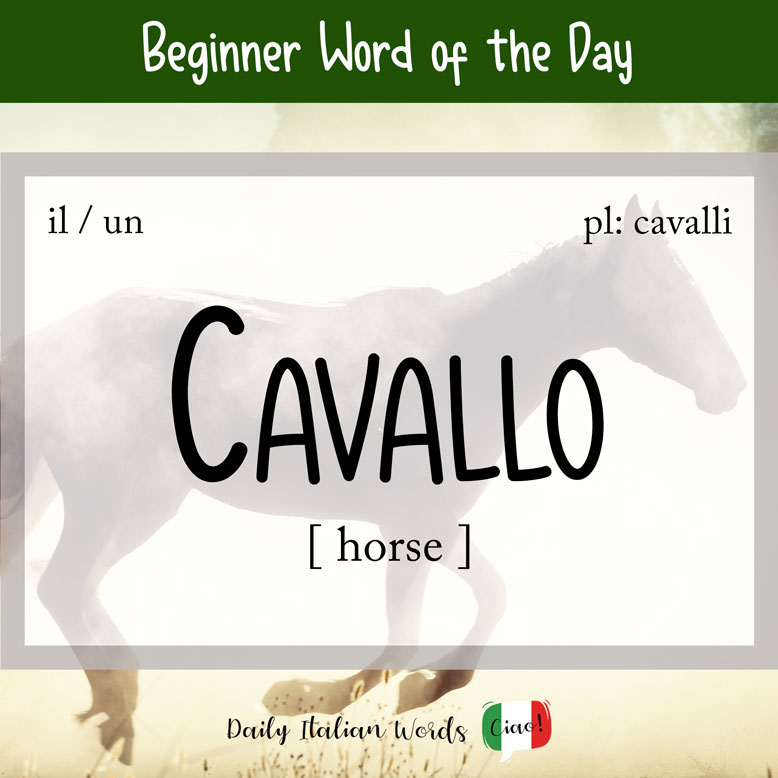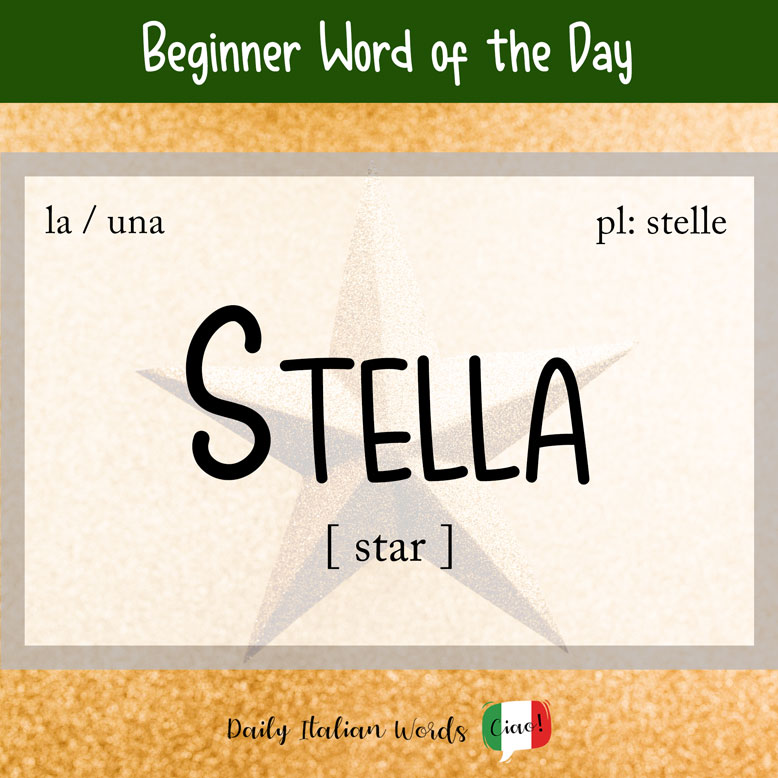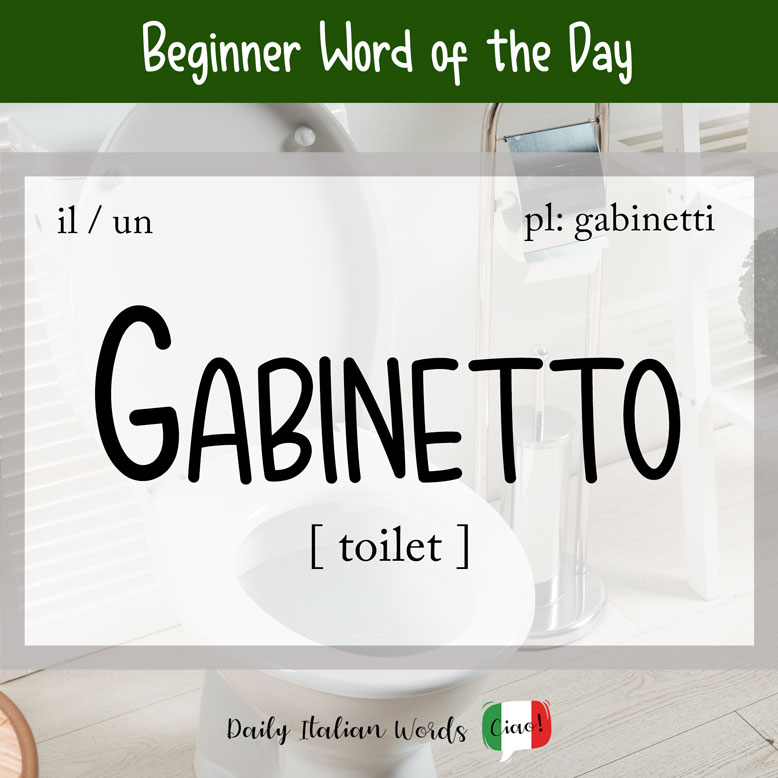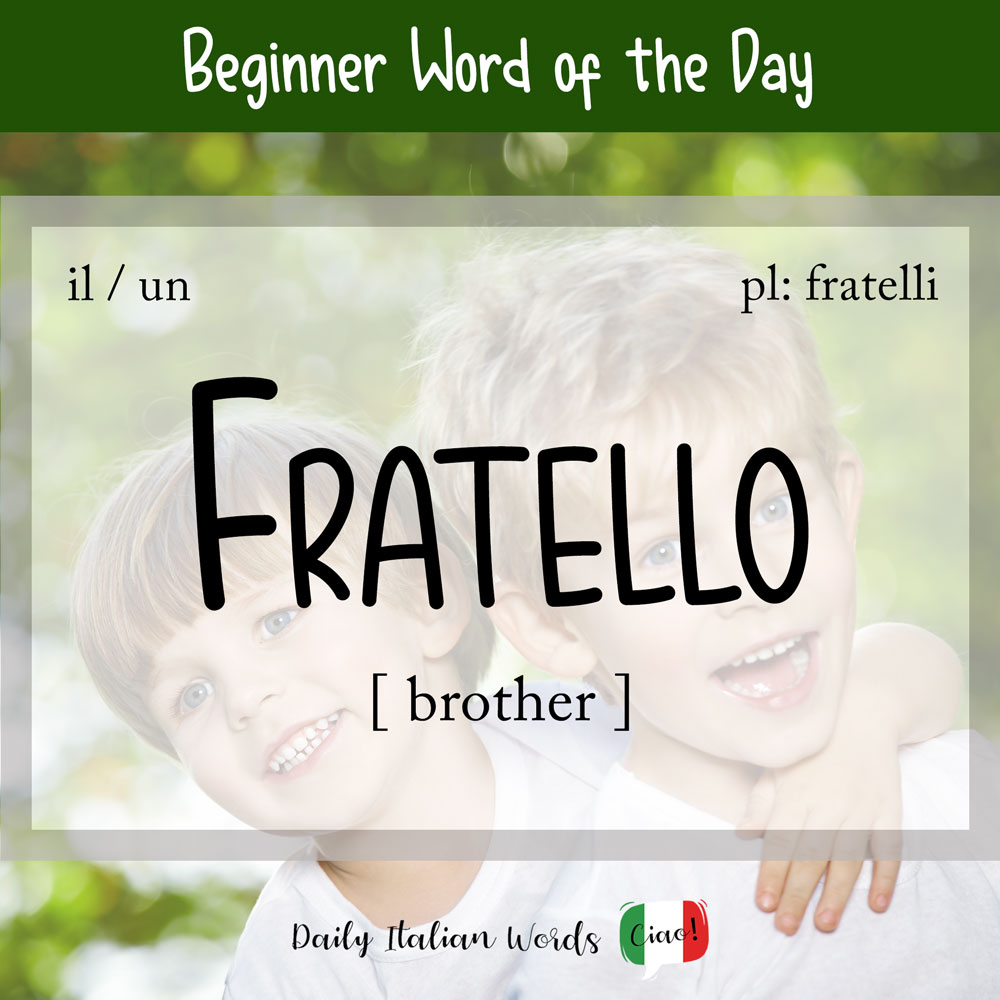Italian Word of the Day: Isola (island)
An island – or isola (feminine, plural: isole) in Italian – can be formed in three different ways. The first is when continental plates (placche continentali) collide and push land up above the ocean’s surface. The second is when underwater volcanoes (vulcani sottomarini) continuously erupt in one area, causing land to form. The third is through …

